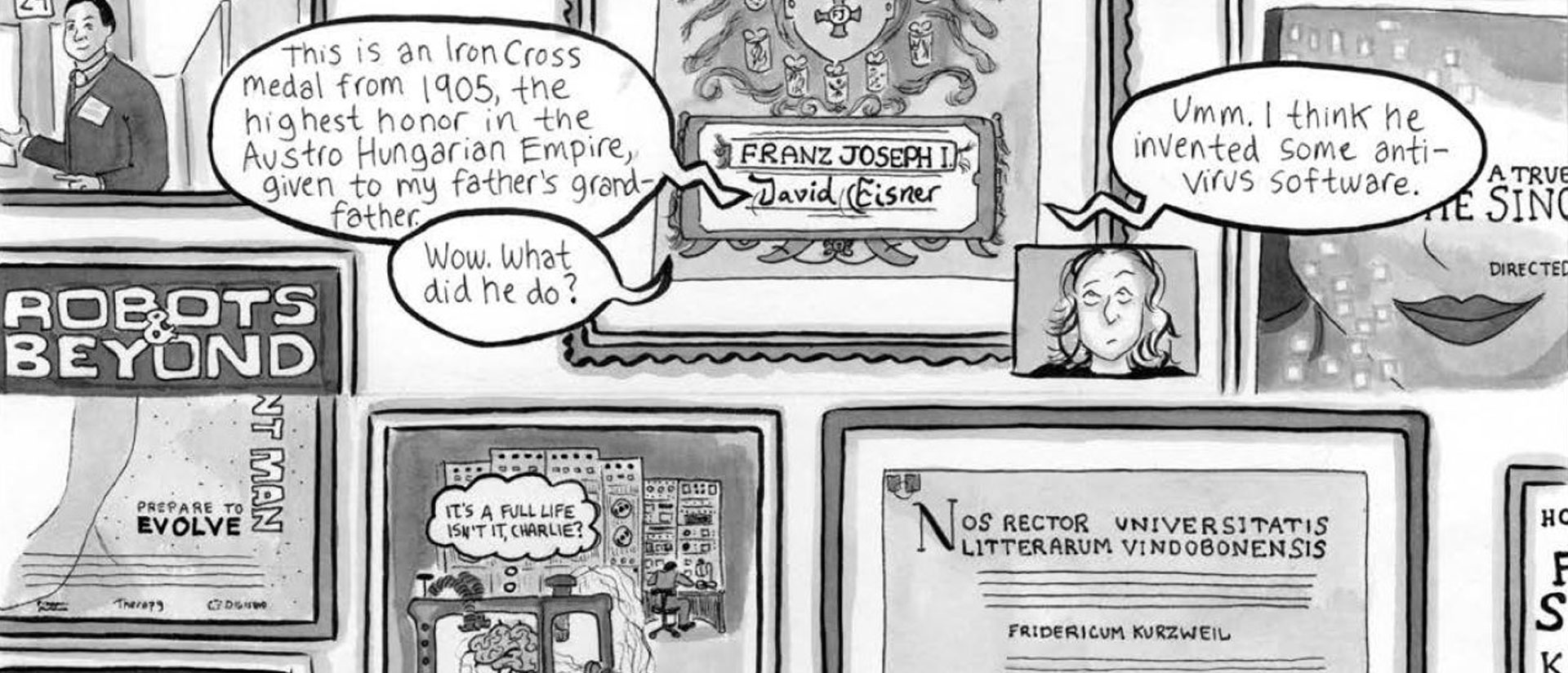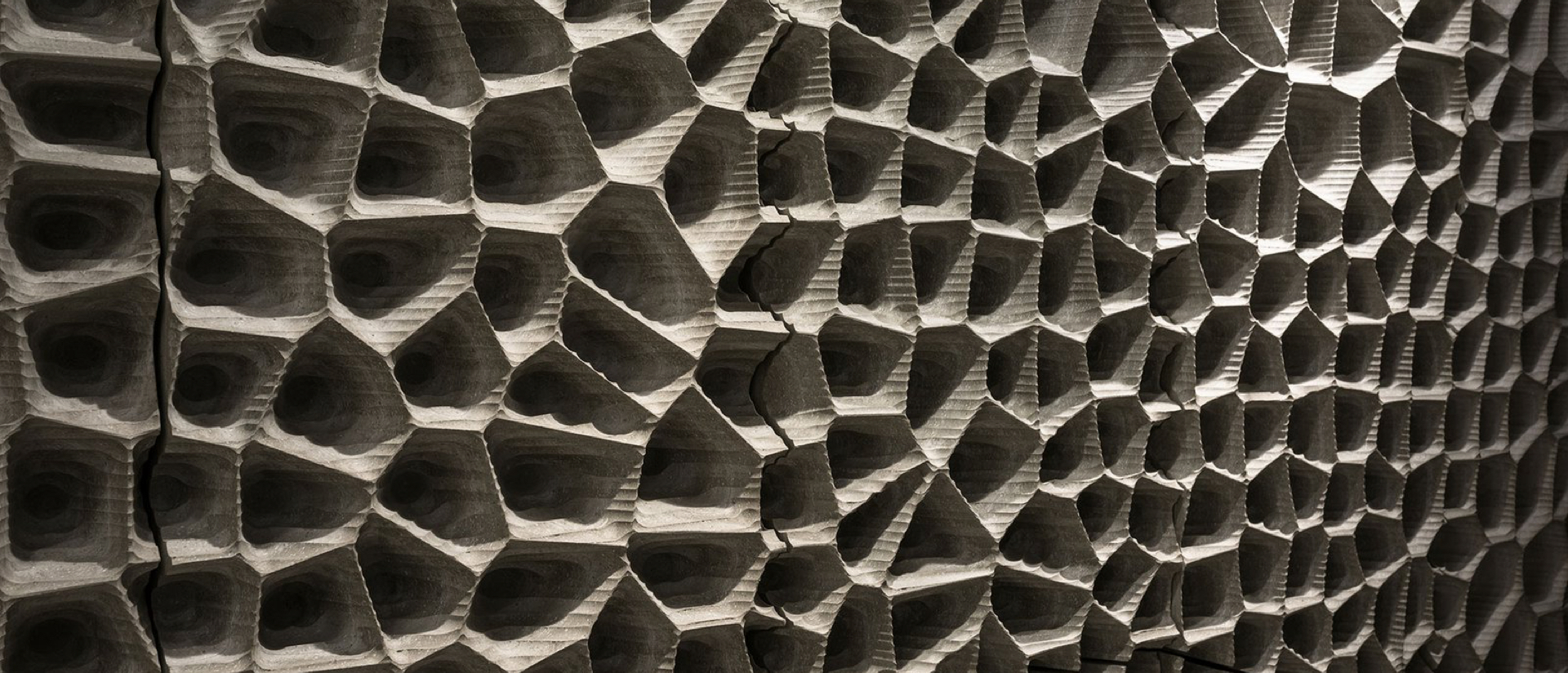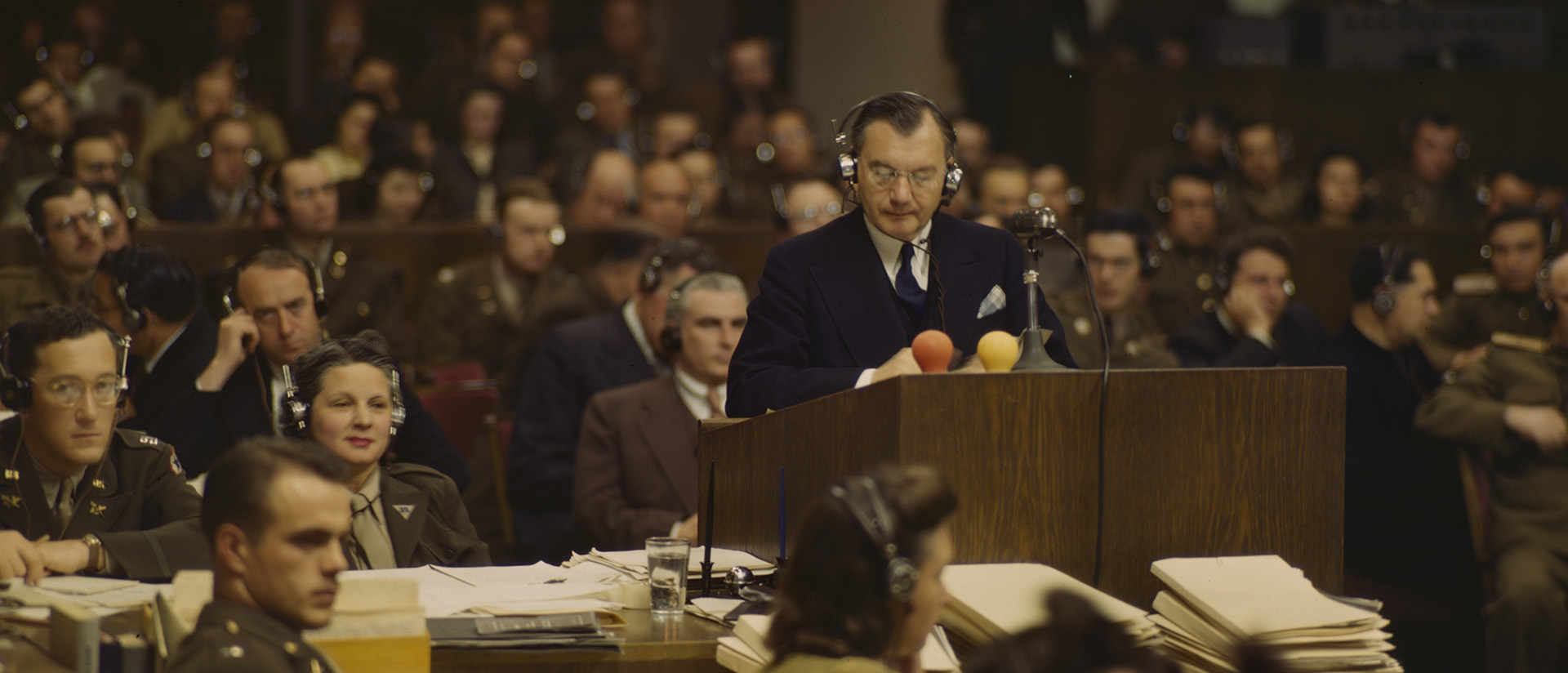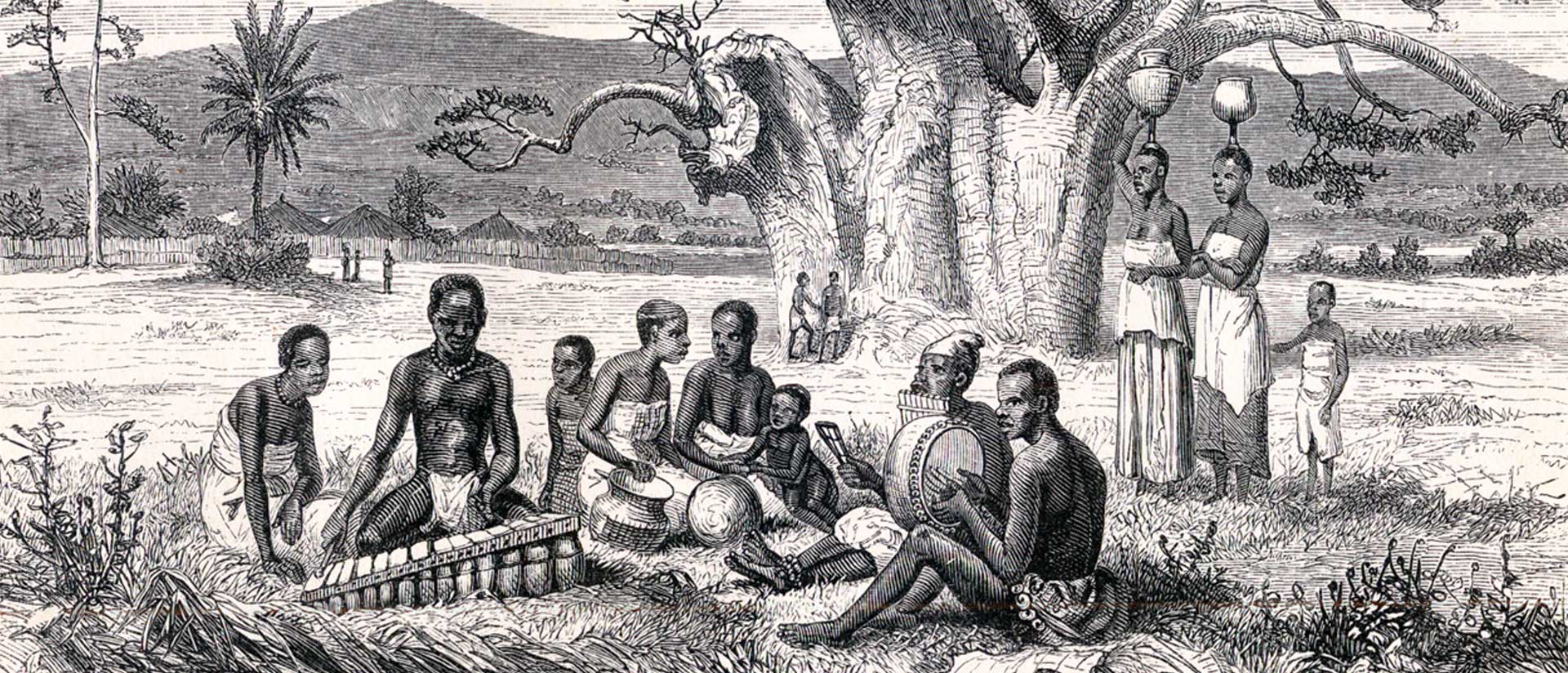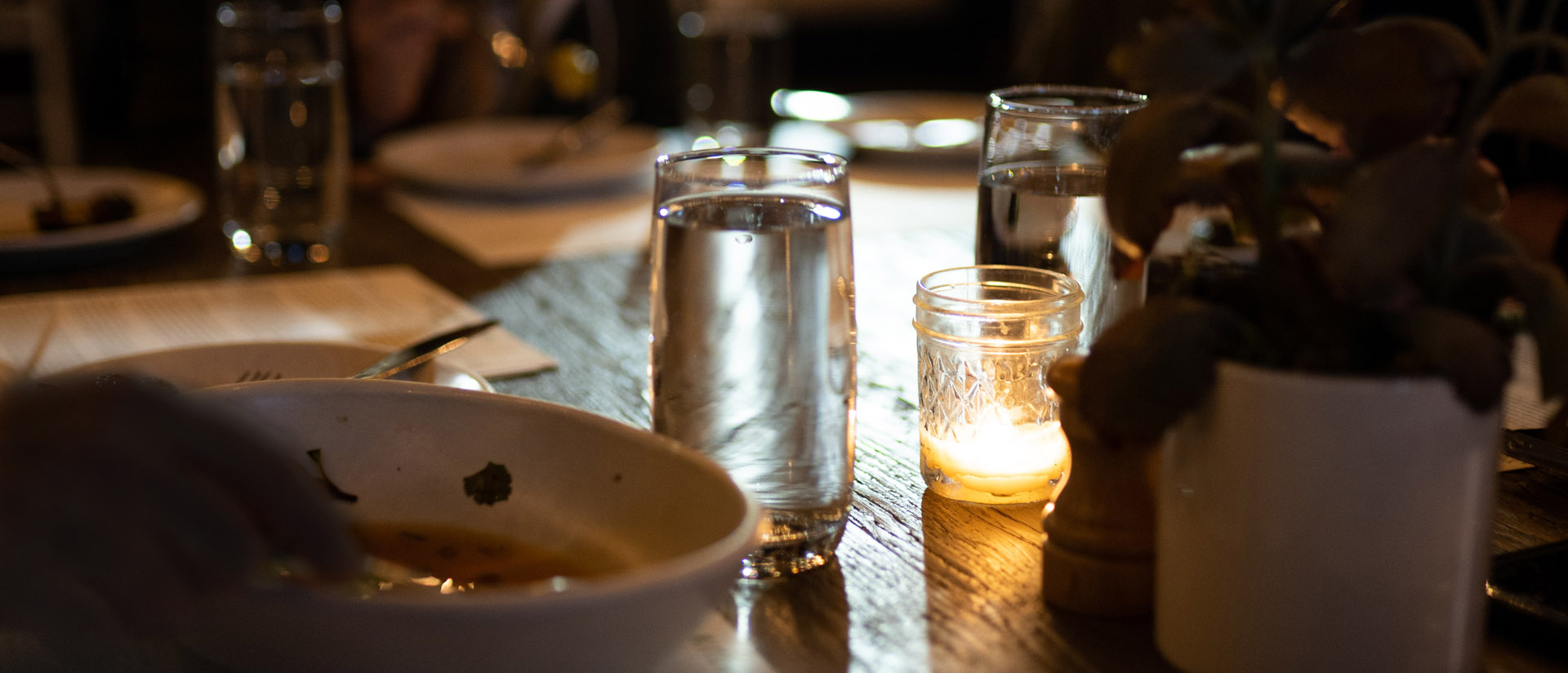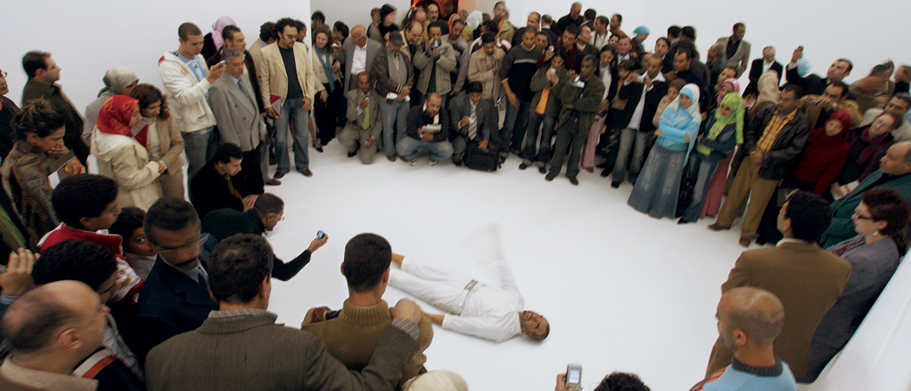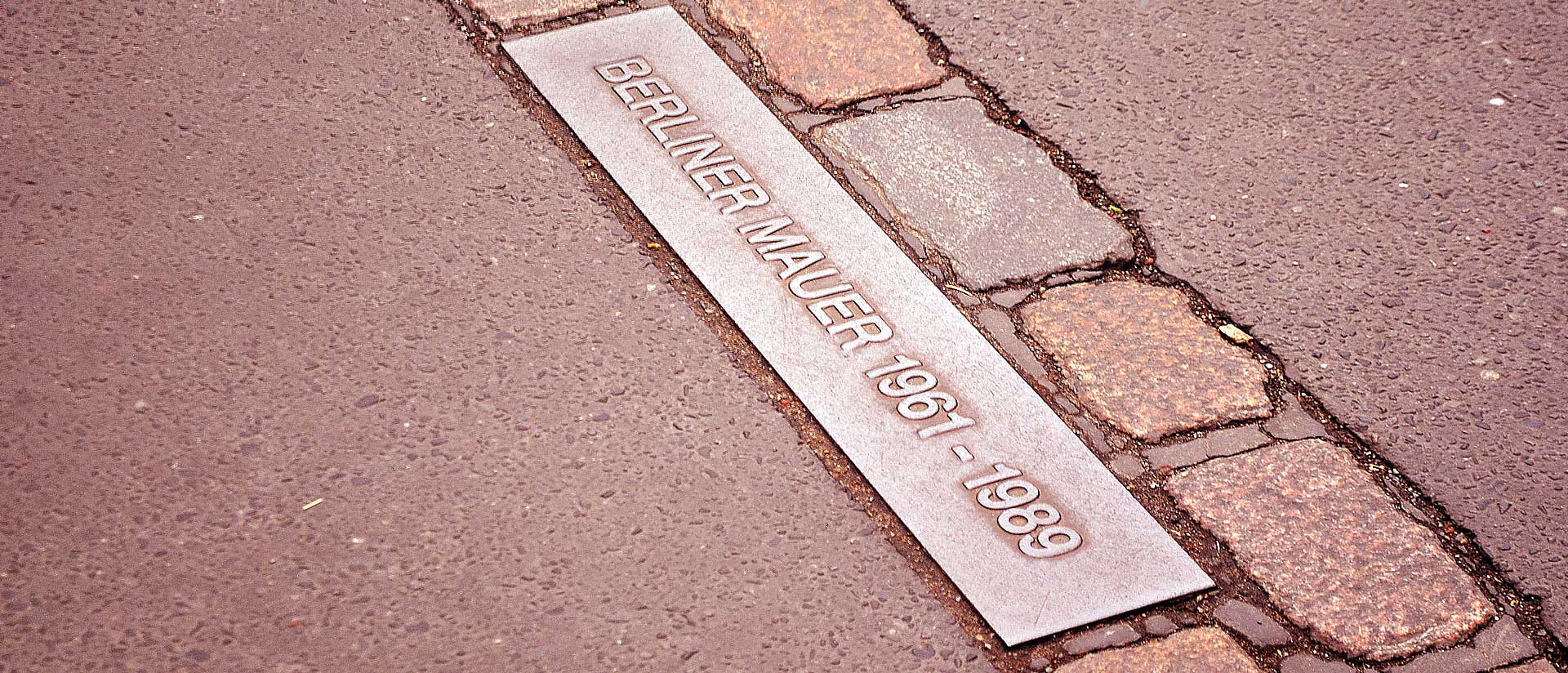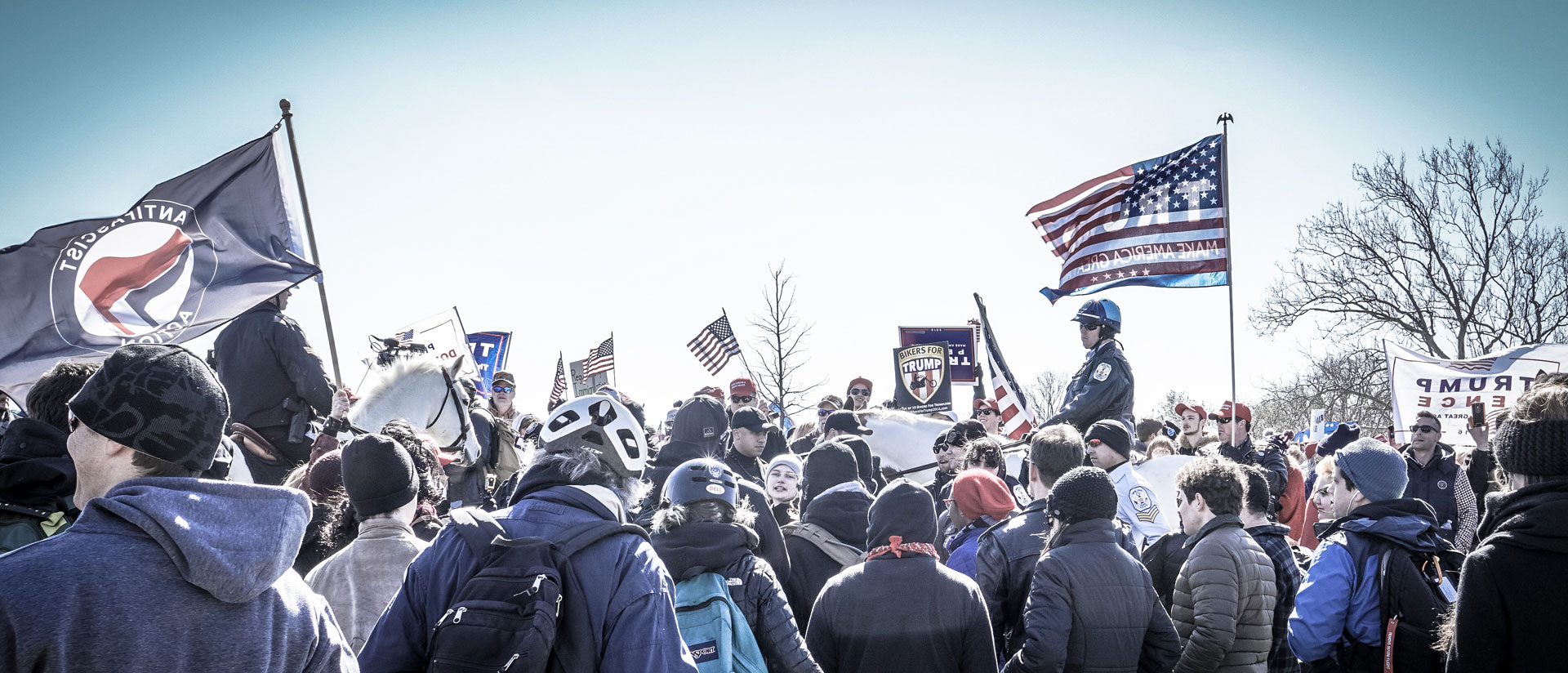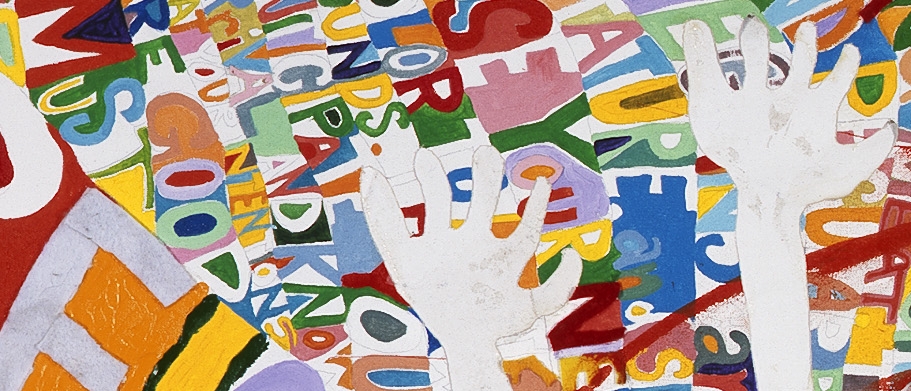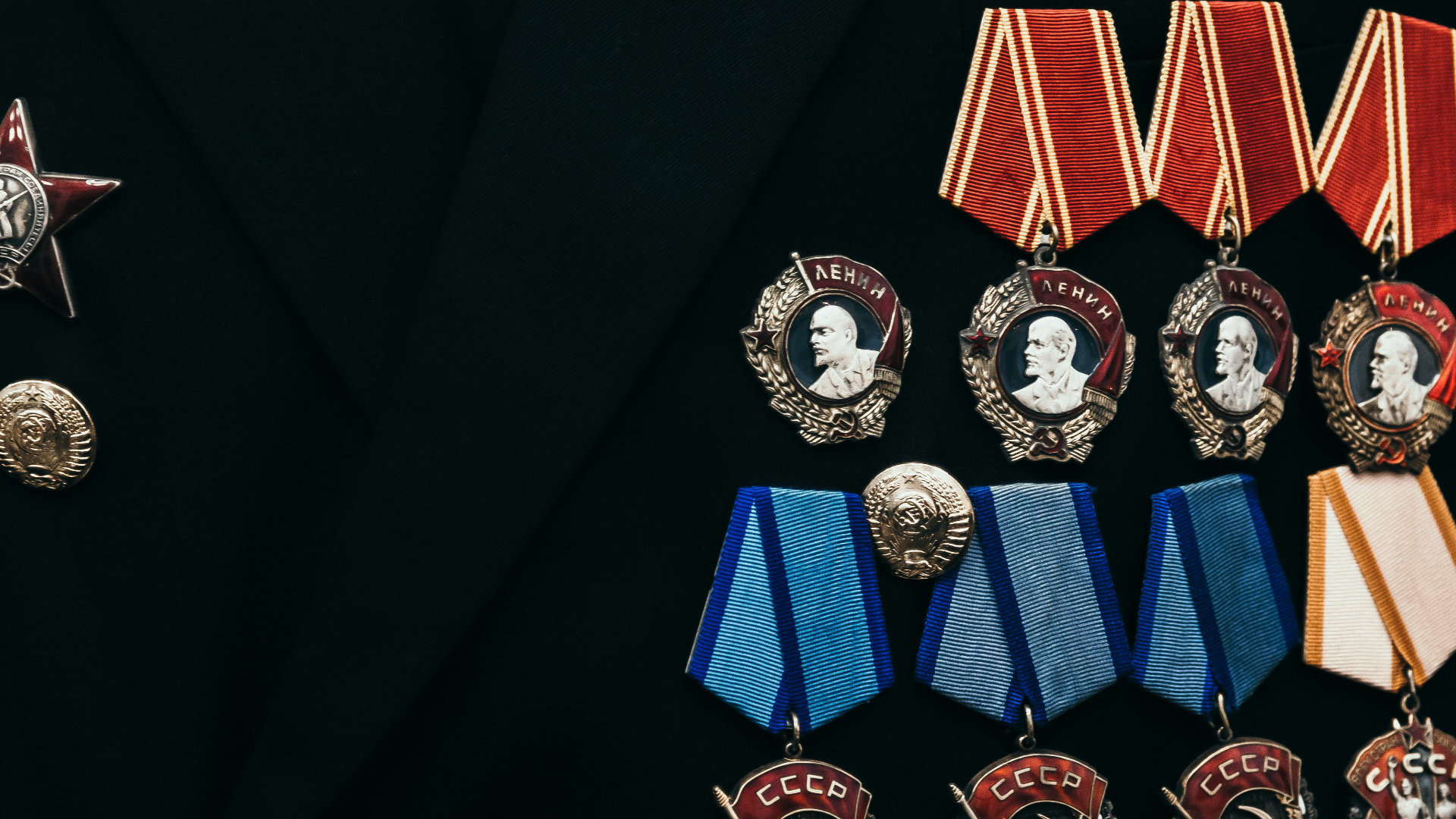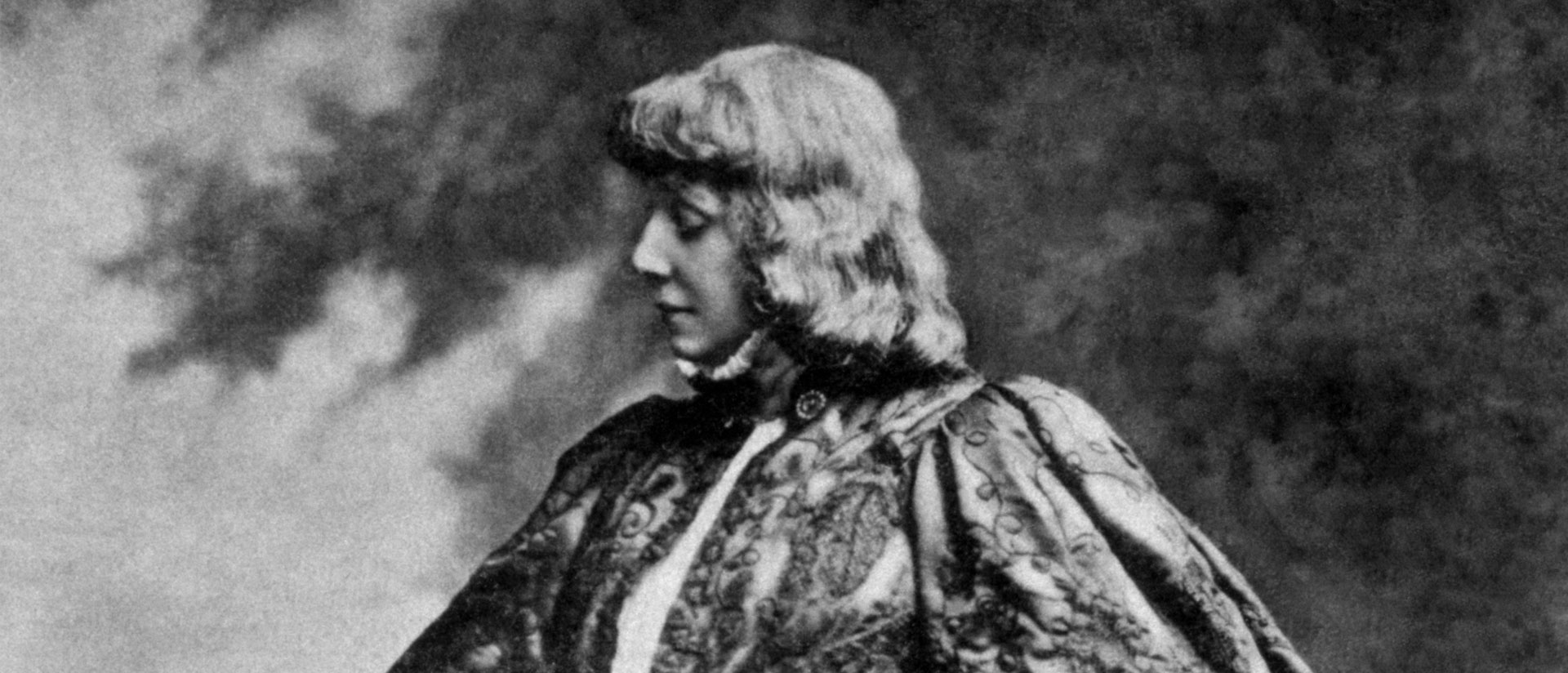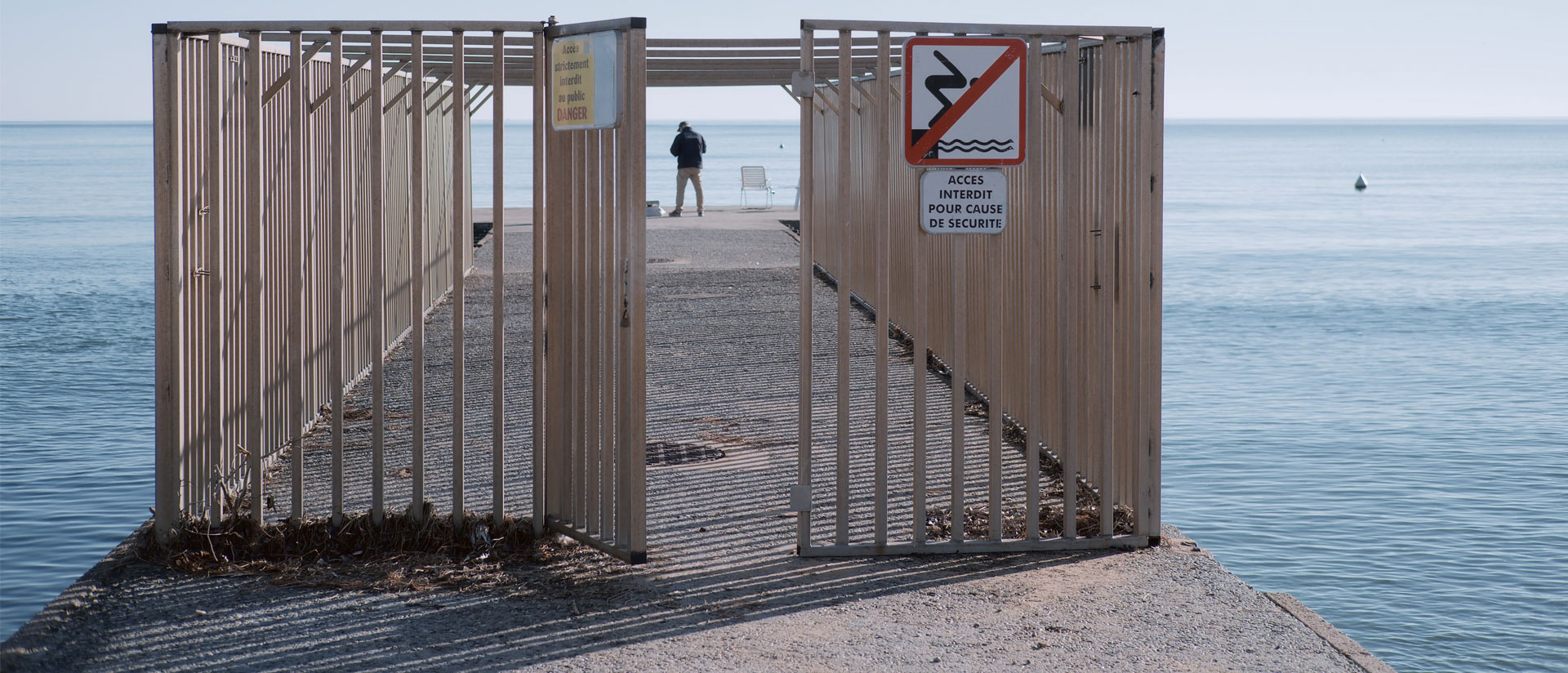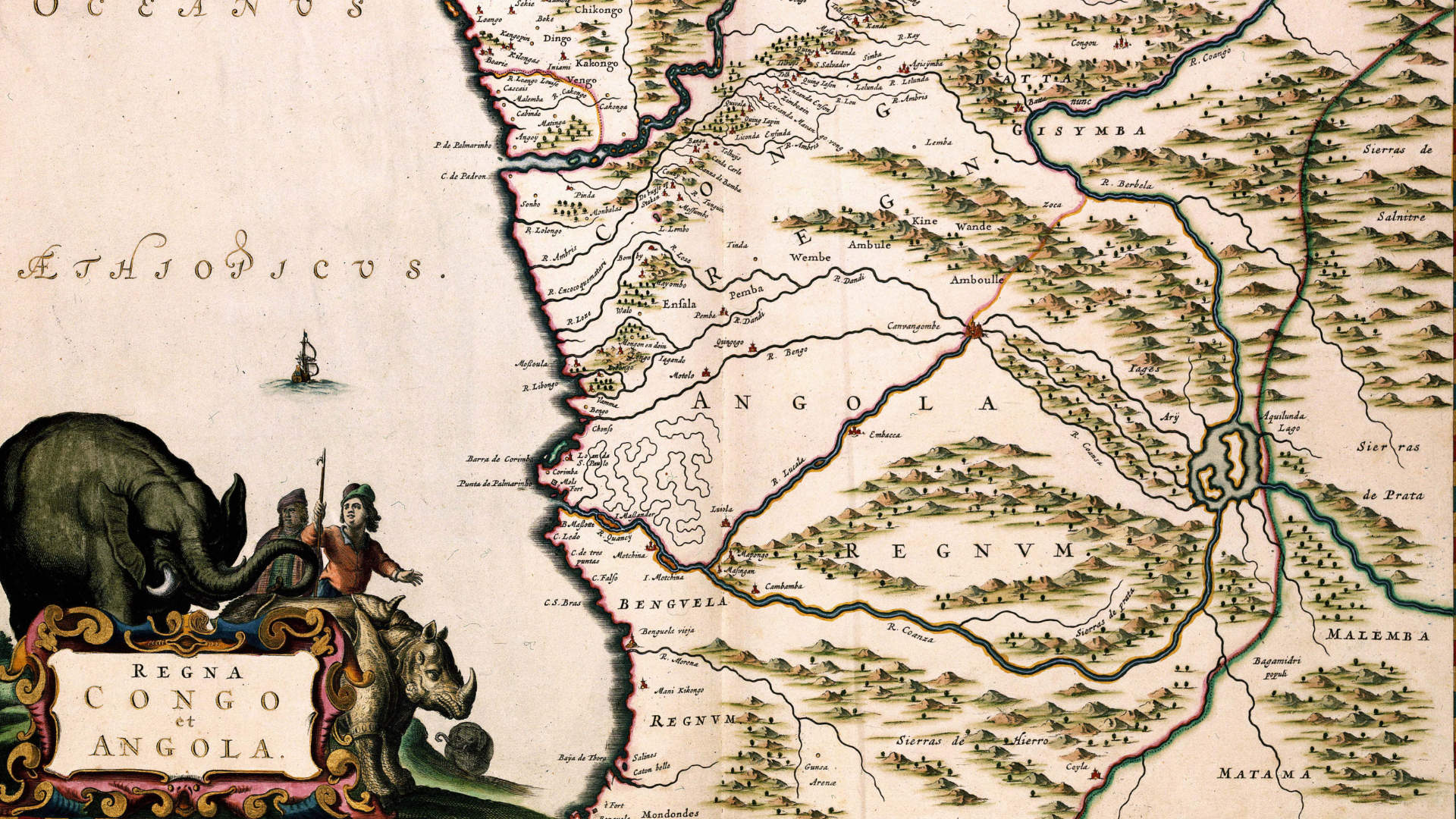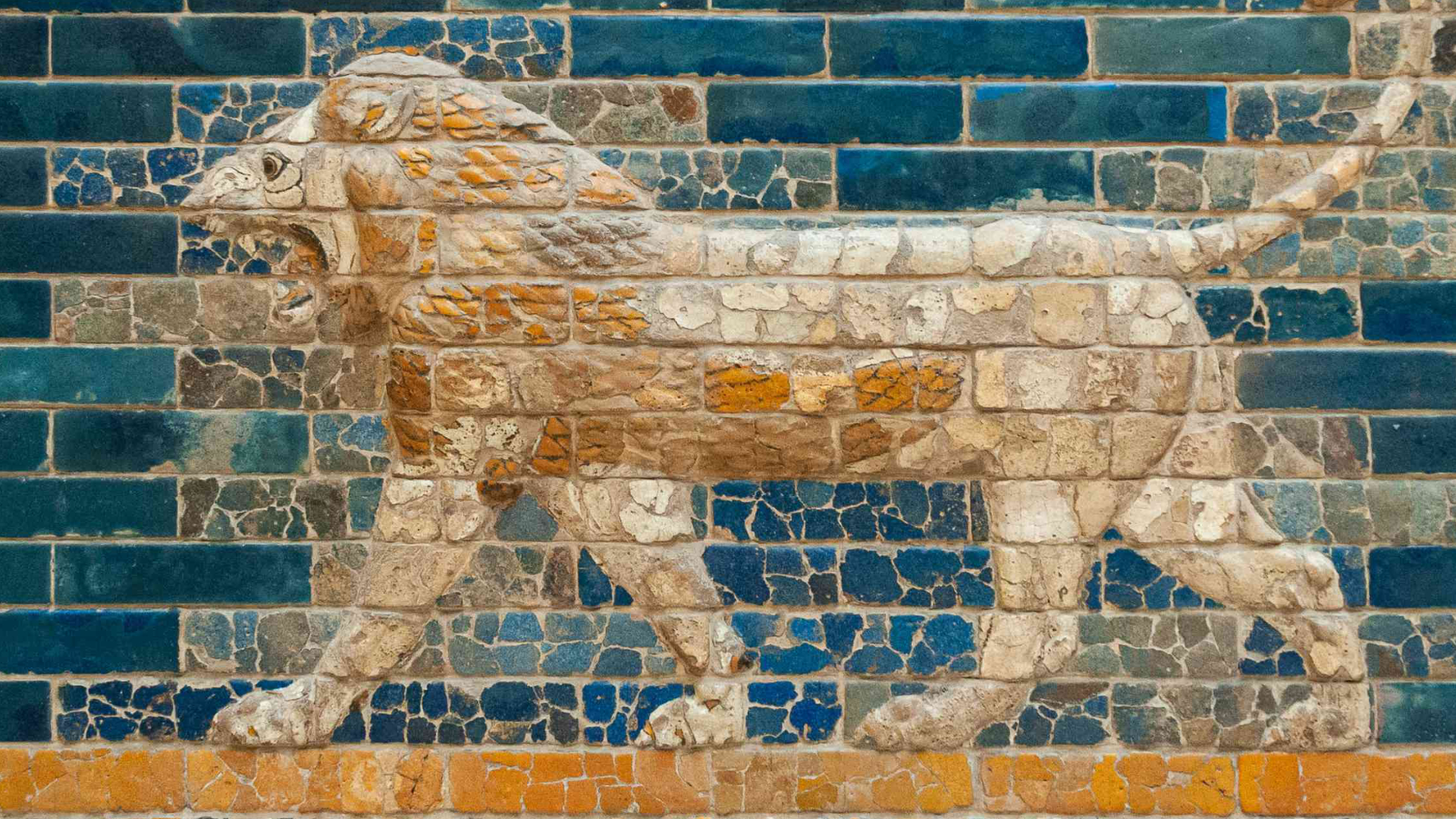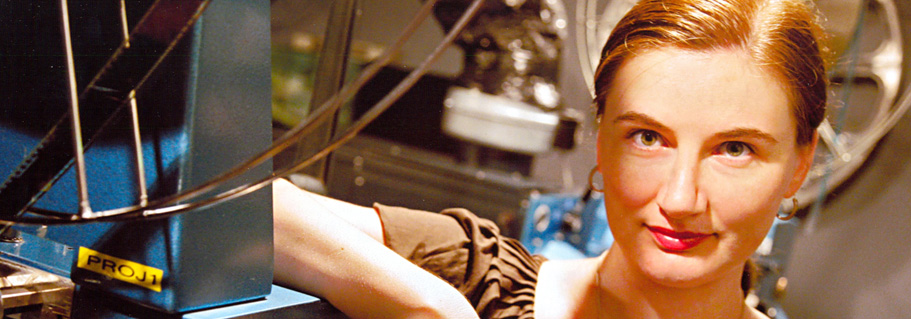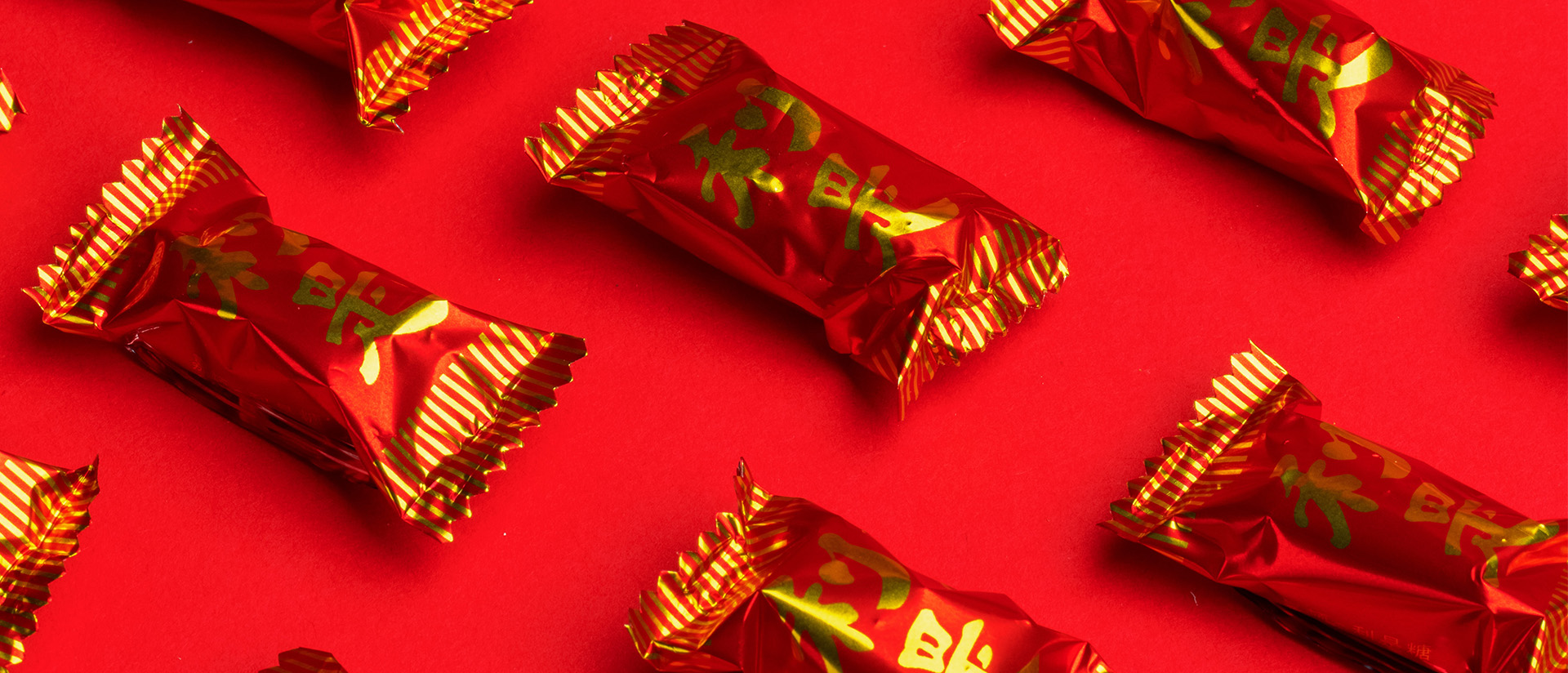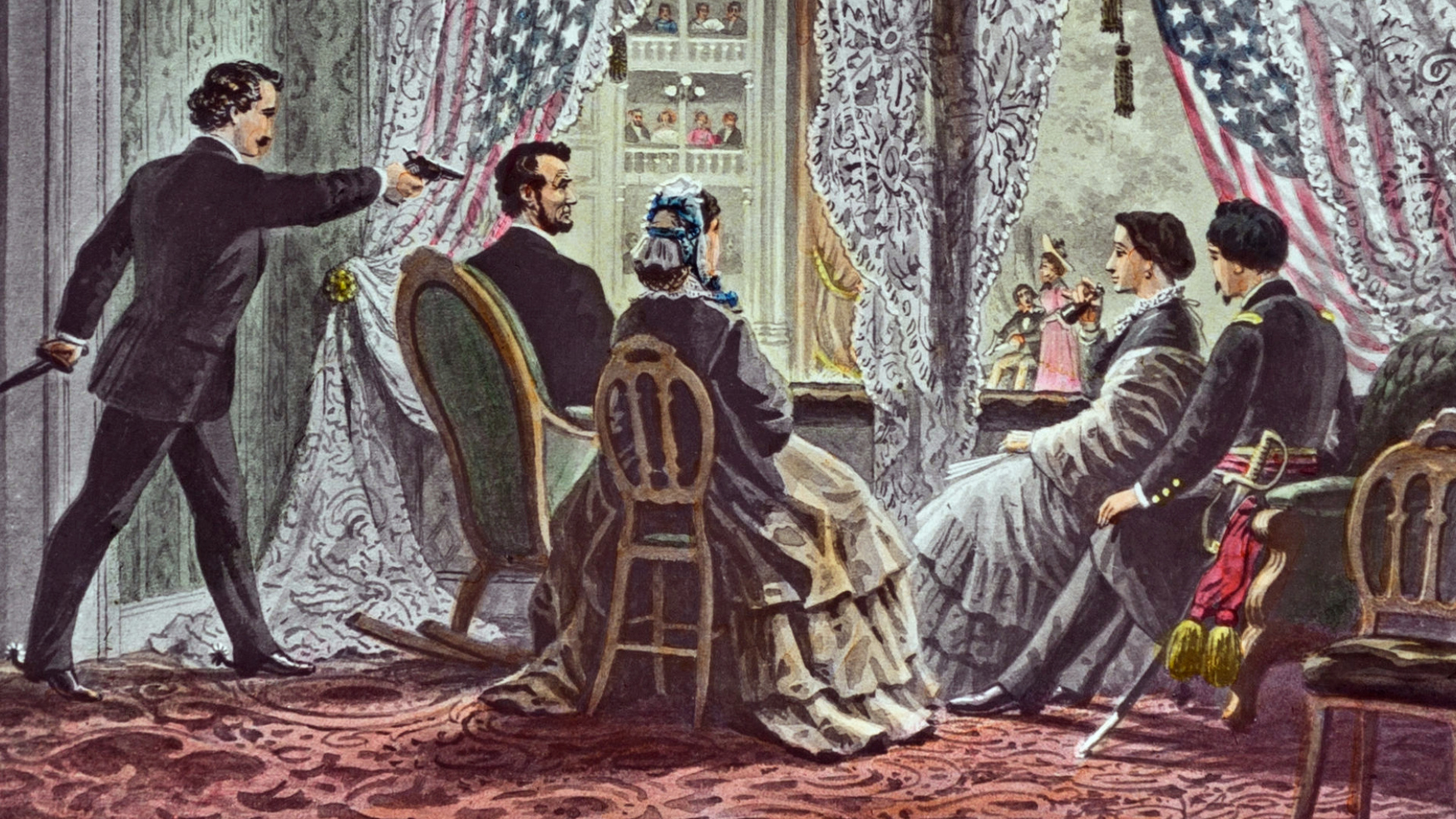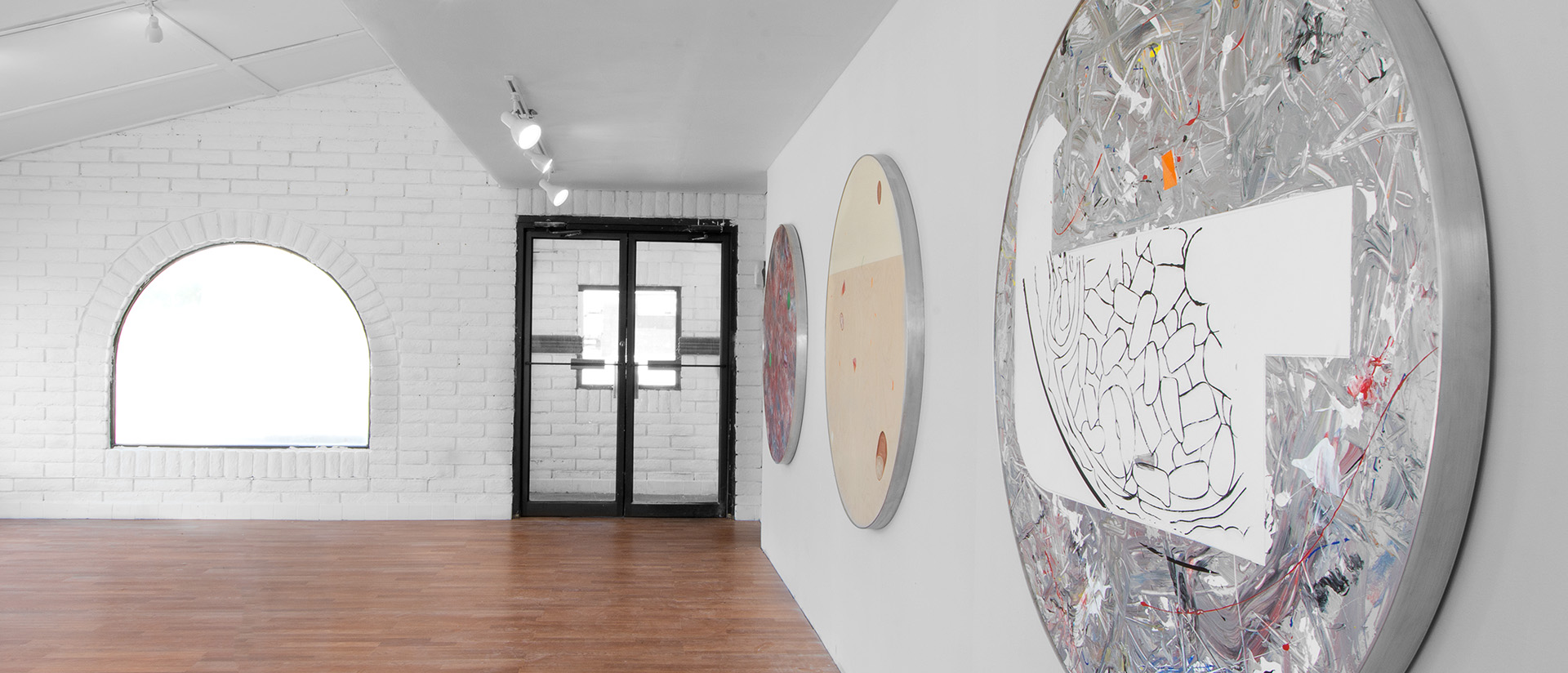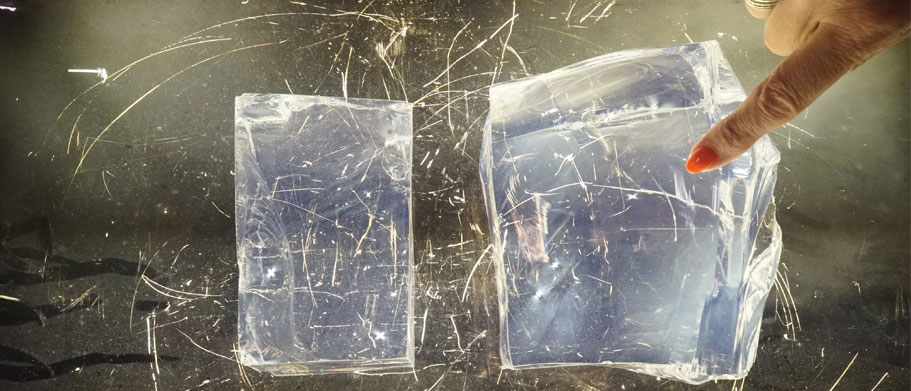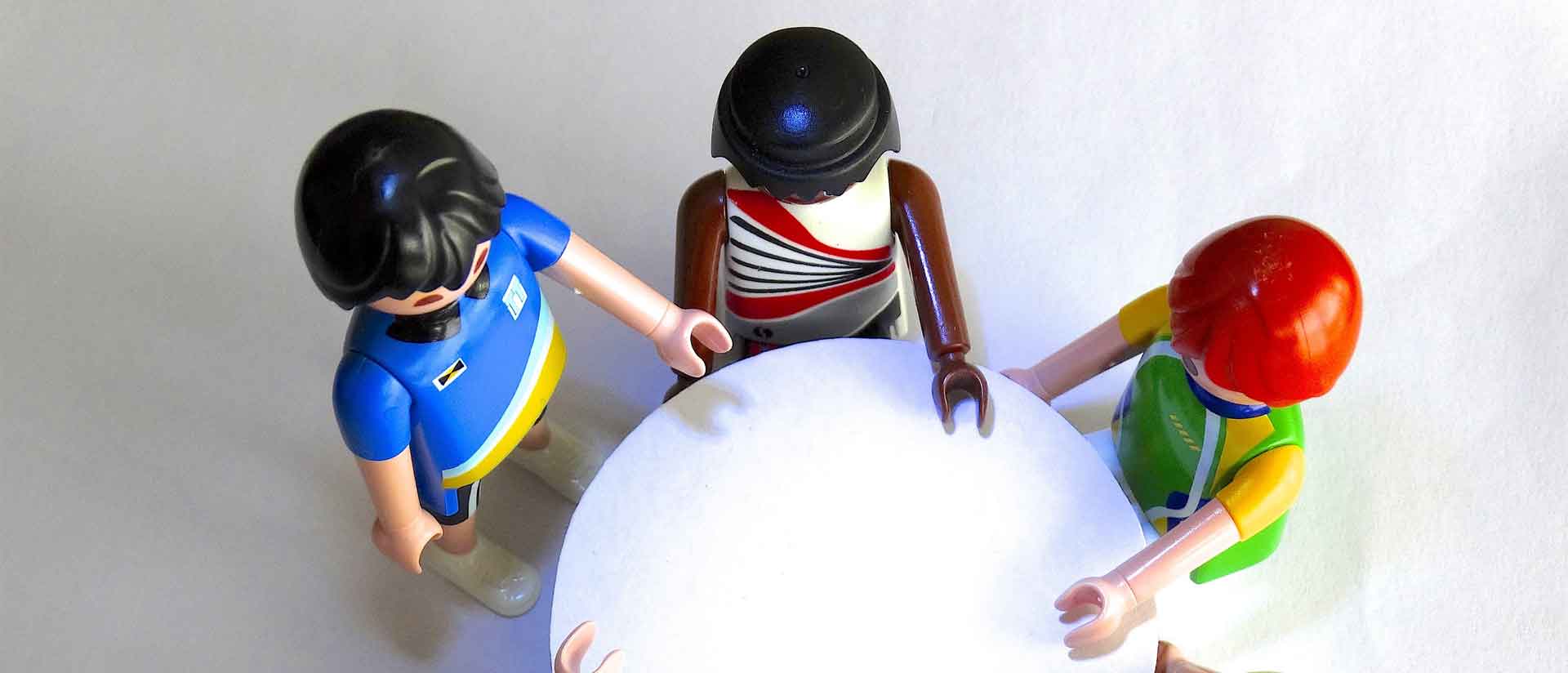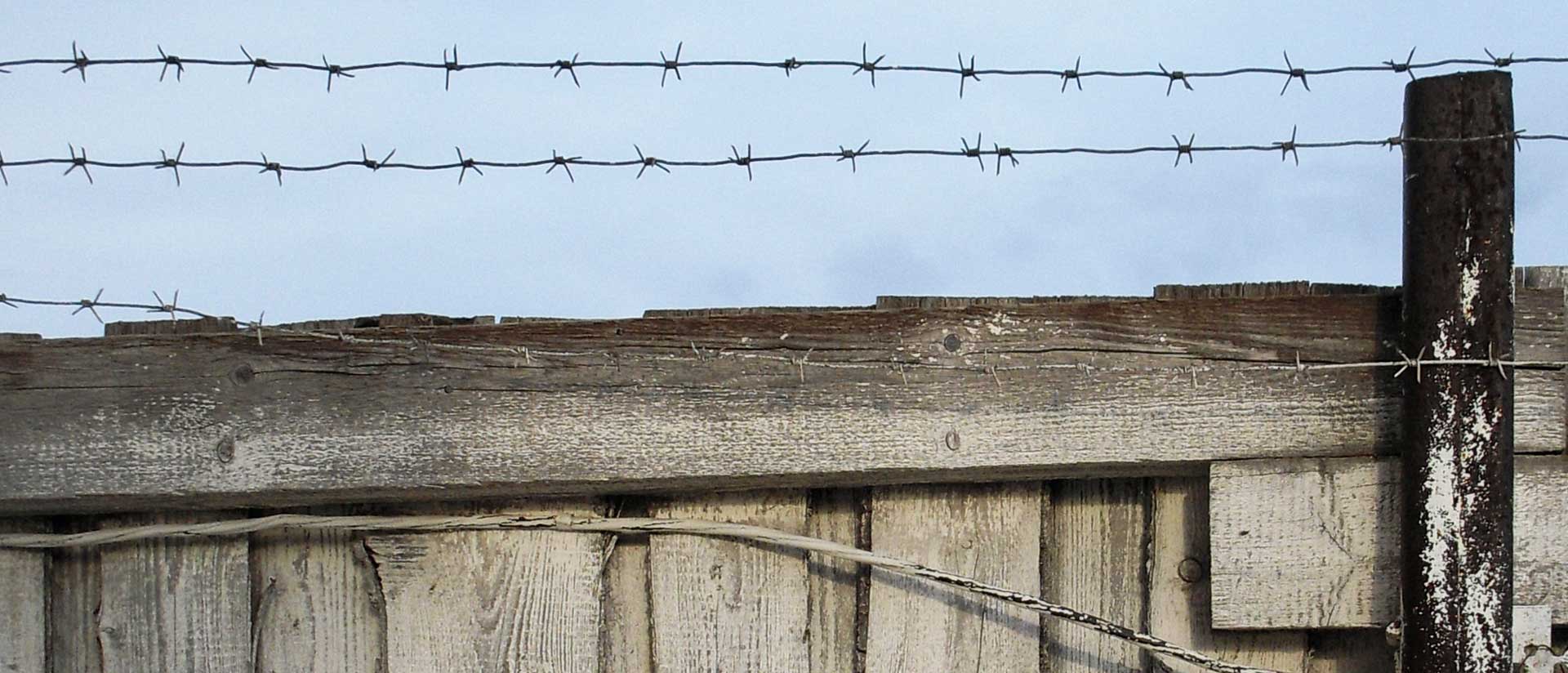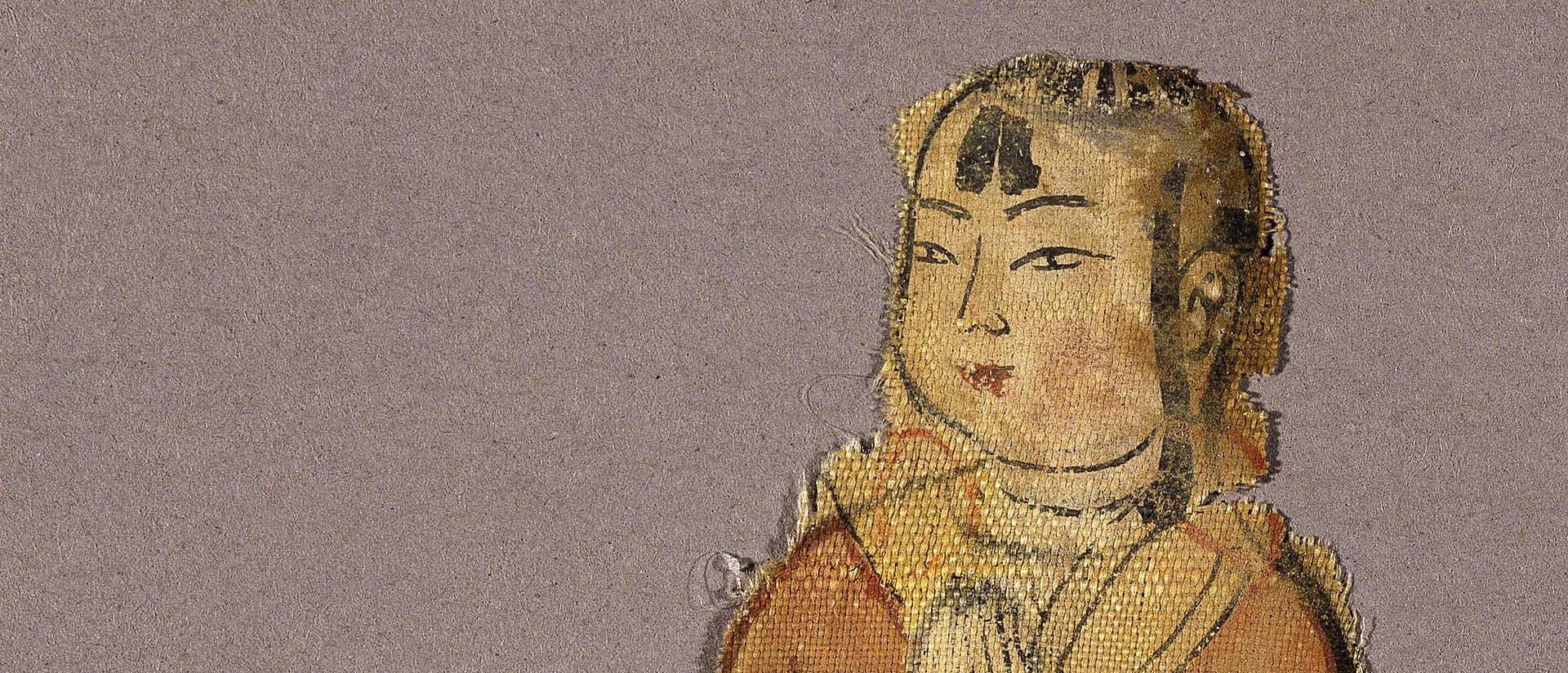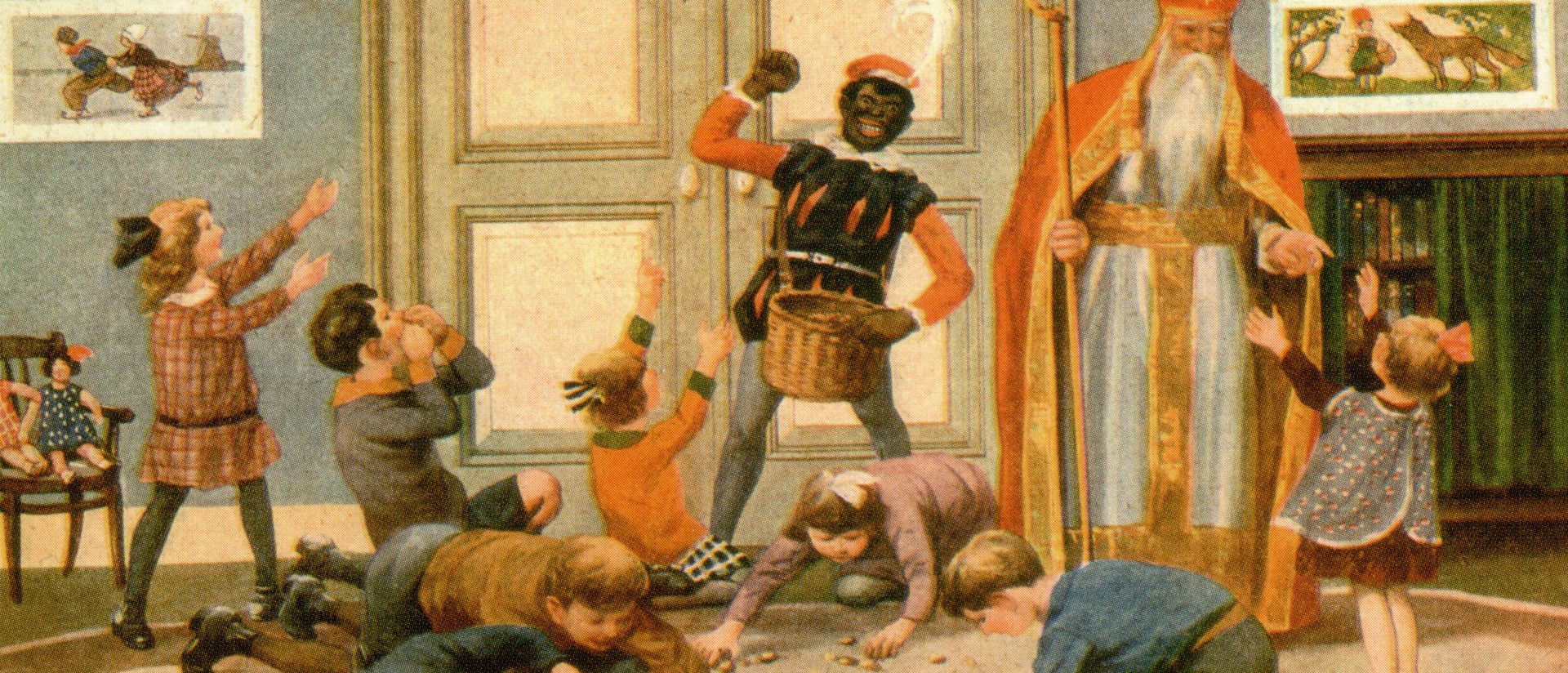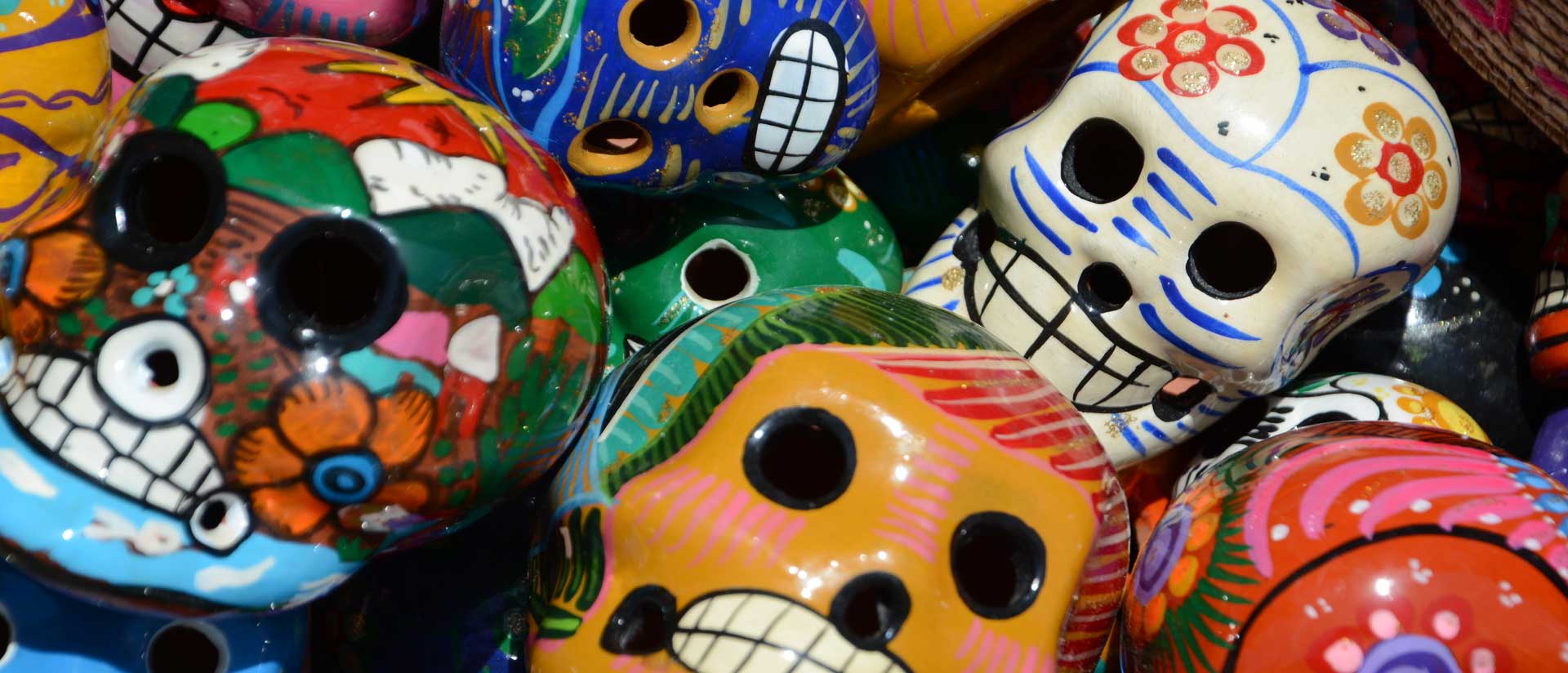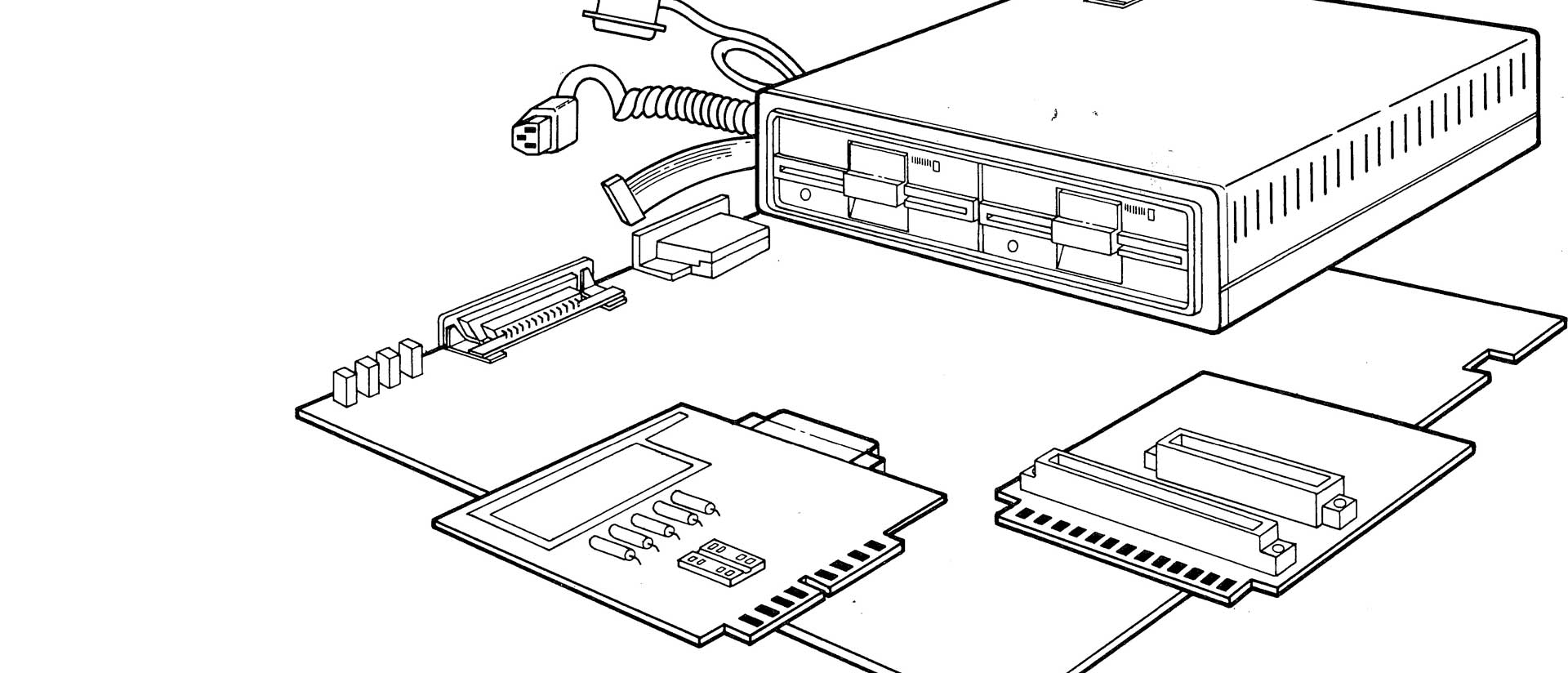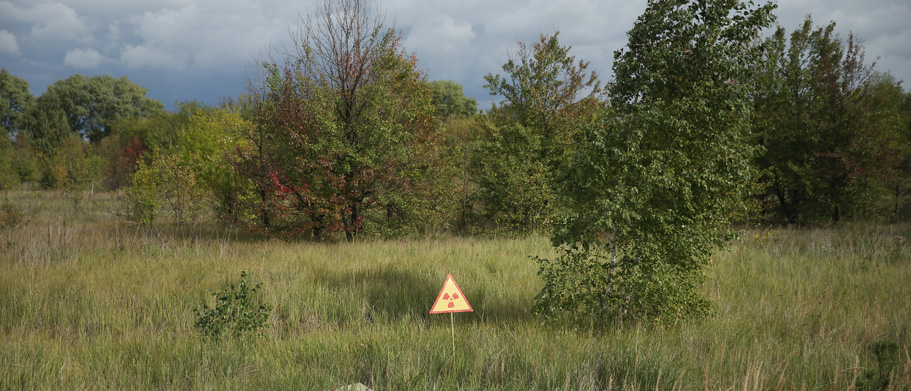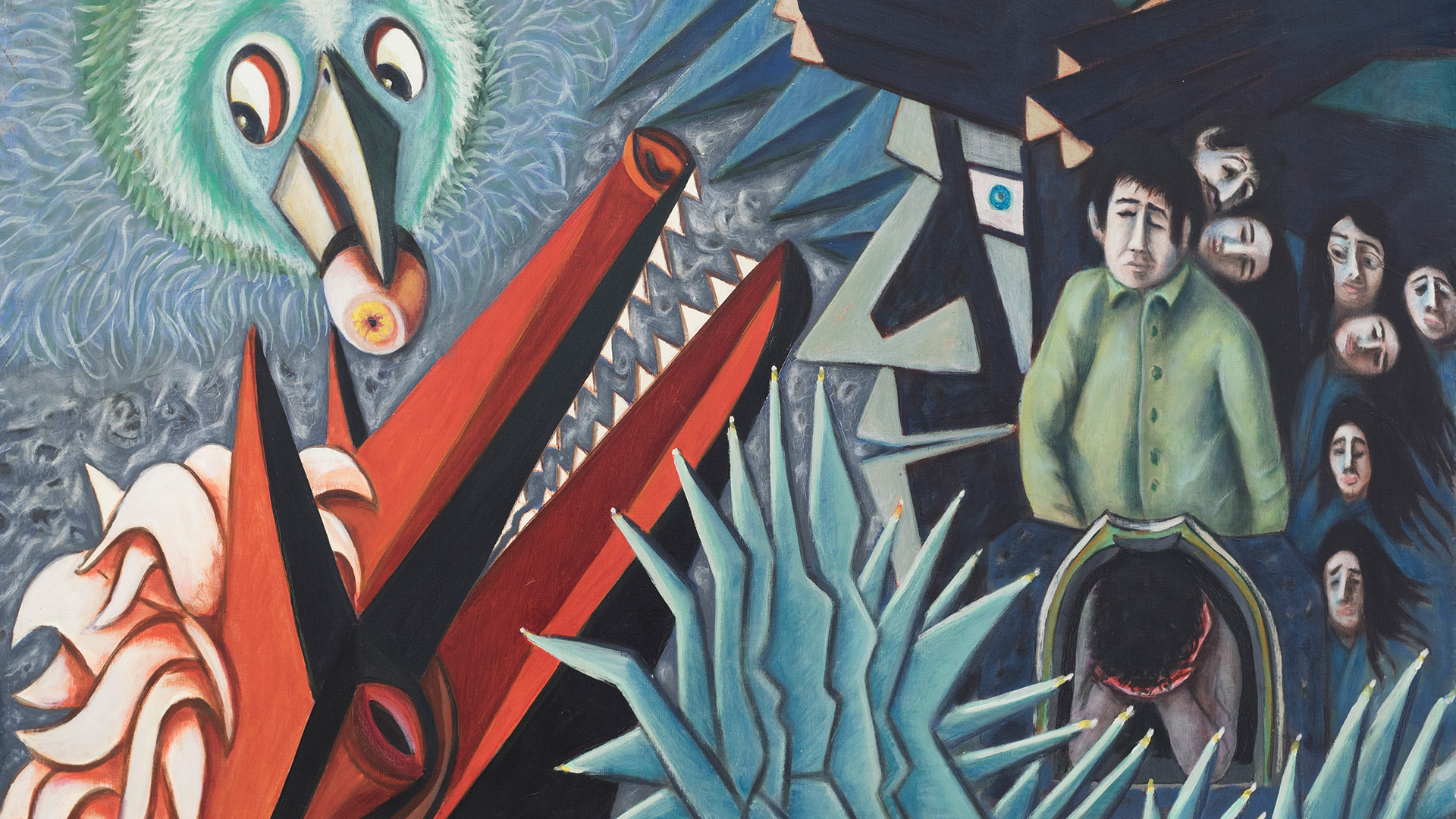
Sweetmeats
Or, Who killed Issam Sukkar?
Fiction by Alexandra Chreiteh
There were many butcher shops, toy stores, and corpse-washing facilities in the peripheral town of Nun. So many, in fact, that anyone driving through would think the inhabitants of this town were only born to kill a poor calf for the Fitr holidays and light some fireworks from the roof of a low building, before departing from our world, reeking of orange-flower water and the stench of Foole restaurants that bordered most local funeral homes.
In reality, however, the inhabitants of the peripheral town of Nun were rarely ever born; they rarely celebrated holidays, and did not particularly care to burden their neighbors’ noses with the smell of sulfur dioxide. The air in their town was already heavy with diesel fumes emanating from the continuous flow of cars and various other vehicles on their way to cross the border between Lebanon and Syria. For when the events of this tale began, the peripheral town of Nun was the final resting place for exhausted travelers—bodies dripping with summer sweat and nipples frozen by the winter chill—before their entry into the narrow purgatory between the two national checkpoints.
And all the more, matters of life and death rarely bothered the inhabitants of the peripheral town of Nun (that lies on the Lebanese side of the border), since most of its corpses remained unwashed anyway. They usually perished as shahids in armed conflict between Nun’s warring families, who controlled the movement of every insect and blade of grass in town and disagreed on most things. So, grounds for a friendly exchange of fire could vary between a dispute over the lineage of someone’s mother to a mosque’s violation of the agreed-upon schedule for the azan. Since every neighborhood was controlled by one extended family, its mosque had to wait its turn to call for prayer—a peculiar yet calculated arrangement relative to every family’s position in the local food chain.
Matters of life and death rarely bothered the inhabitants of the peripheral town of Nun (that lies on the Lebanese side of the border), since most of its corpses remained unwashed anyway.
These warring families owned most of the arteries comprising the town’s economic center, so they agreed upon one thing and one thing only: a universal obligation to solve their differences, to the greatest extent possible, away from the establishments of business and pleasure that dotted the town’s main street.
This main street was straight as a ruler, with cafés and little shops on either side and money exchange centers nestled in between. The street led right up to the border crossing, where tired travelers stepped outside of their vehicles for a bite or a drink, stretching their limbs after hours of confinement in shared taxis. The careless among them translated bills between the two liras—the Lebanese and Syrian—at exorbitant tariffs. In exchange, they would receive three wry winks from cashiers: one from the right eye, another from the left, and a final wink from a third eye nestled in the back of their hairless heads.
In keeping with their shared economic interests, the warring families of the peripheral town of Nun settled their accounts in the town’s slender alleys or in the surrounding thicket, where the border was drawn with invisible ink and never bothered anyone. It was practically impossible to discern whether this rock was Syrian, or if those goat droppings were Lebanese, making it all the easier for the inhabitants of the peripheral town of Nun to smuggle certain hot commodities—Somali bananas, banned books by members of the Muslim Brotherhood, various sorts of “medicinal” plants, as well as deadly metal playthings eerily similar to children’s toys.
While there is little doubt about the factual nature of our little story, the peripheral town of Nun has always been the subject of local lore, its peculiar location and tangled history the stuff of legends, some urban and others less so. One legend has it that on rare occurrences, when the army descends upon the town to secure the border—soldiers lined up on its invisible line like a row of crooked yellow teeth—the inhabitants of the peripheral town of Nun shape-shift into rabbits or moles, and occasionally into a buzzing ladybird that descends on the smooth barrel of a rifle gripped between the fat fingers guarding the fatherland. It is a known fact that the inhabitants of the peripheral town of Nun can identify every hole and cavity that punctures the threshold between the two states like pores in a sieve. Nothing under the sun can stop them from crossing this threshold, not even the dire matter of national security.
So, as any old cockroach scuttering through the dark labyrinths of State Security would confirm, there was no way of keeping the inhabitants of Nun within Lebanon’s borders; it was a task more difficult than milking a goose. Still, none of them ever wandered more than fifteen kilo- meters away from the soil where their head first crowned; most of the town’s heads entered the world and immediately plopped onto the moldy sheets of its only midwife. Her shaking hand, in the final years of life, would drop every fetus that burst out, failing to redden the slimy skin on their behinds and delaying their first screams until it was almost too late.
In short, the inhabitants of the peripheral town of Nun satisfied themselves with watching the ebb and flow of the passing masses, their eyes laden with indifference. They had truly seen it all: elderly ladies on their way to Damascus to buy bedsheets and underwear; families traveling to Turkey in old cars that were destined to collapse midway; young men exporting live chickens and looking for cheap nightclubs that they will not find, since they usually passed by their inconspicuous doors, not realizing what really goes on behind them. People arrived in Lebanon and departed; the Earth went round and round; the sun rose and set; the moon blew up and shrank; border control agents flipped through passports—and the inhabitants of the peripheral town of Nun remained fixed in the same place, like an entry visa stamp etched on the colorful gloss of embassy paper.
They had truly seen it all: elderly ladies on their way to Damascus to buy bedsheets and underwear; families traveling to Turkey in old cars that were destined to collapse midway; young men exporting live chickens and looking for cheap nightclubs that they will not find, since they usually passed by their inconspicuous doors, not realizing what really goes on behind them.
Every year, in the beginning of the summer holidays, Sawsan crosses the border into Nun to visit her cousin Hind. Cousin Hind moved to Nun in the ’90s from their hometown of H. that buttresses the customs building of the Syrian Arab Republic. She had married her Lebanese maternal cousin, and the entire extended family lived so close to the border from both sides that it almost certainly ran between their kitchen and the living room. If Mr. Sykes—they would all say jokingly— had suddenly sneezed, or if a reckless mosquito had landed in Mr. Picot’s coffee, then the border would have shifted slightly in that fateful moment, and both Hind and her husband could have been born in the same country.
But no matter, since Cousin Hind became a Lebanese citizen faster than a cock could crow, thanks to the two eggs and skinny sausage hanging between her husband’s thighs. The Lebanese Republic knighted her into citizenship before the ink on the marriage license was dry. It then stood by in anticipation of any fruit that tumbled out of her womb, but Hind’s womb remained empty, and things didn’t tumble out of there quite so often.
And so it was: a month into her marriage, Hind packed her bags and left her immediate family behind in Syria. “Strange,” she said to her- self one morning, because it seemed to her like she had never really left. Her family was still no more than half an hour’s drive away, a journey that could have been much shorter were it not for the occasional traffic congestion at the border. And Hind would cross this border freely—no permit or visa were required then—popping by her mother’s house for a morning coffee whenever she was able to miss her enough. She still lived in the border area and her life was good. It was all as easy as gliding over margarine softened by the warm brotherhood between the two nations.
“It’s a forced brotherhood, though, isn’t it?” her husband blurted out once, after years of silence, when protests filled Martyr’s Square and red flags fluttered everywhere.
“What kind of brotherhood is ever voluntary?” Hind snapped back. “Did you handpick your brothers and sisters yourself?”
The husband sighed in silence: his wife was right, as usual. And he never mentioned this again, even on the day that they sat sipping tea on their balcony as Syrian military vehicles roared through Nun’s main street. One by one, the vehicles crossed the border back into Syria. Dust floated in the air in such quantities that it gave everyone momentary asthma and sedimented in a thick layer on the sur- face of the husband’s tea, but this didn’t prevent him from finishing it, in heavy silence.
Our story really begins one scorching summer day, during one of Sawsan’s yearly visits to Cousin Hind, when a swarm of blackberry brambles invaded the peripheral town of Nun. The events that unraveled that day left their mark on the town and its inhabitants, as permanent as the dent of a boot brushing past a corner of wet cement.
It began suddenly: the green, prickly arms crept from the surrounding thicket with the speed of an army of slugs, unnoticed at first by town’s warring families, who were busy shooting out an argument over the nature of hyenas nearby (were they more like dogs, or foxes?). By the time the vines flooded the little side alleys, the general sense of panic had risen in the air like static before a storm. Soon, the brambles arrived in the main street and climbed the walls of its little cafes and butcher shops. Branches slithered and hung over window frames like green curtains swaying in the wind. Their leaves spread, their flowers bloomed and withered, lumps of fruit began to appear, and the shaggy green mass that now covered the buildings’ facades was immediately infested with rats.
Soon, the brambles arrived in the main street and climbed the walls of its little cafes and butcher shops. Branches slithered and hung over window frames like green curtains swaying in the wind.
Movement stopped in the peripheral town of Nun, but the vines crept on, unfolding in the middle of the main street like a lush, green carpet. They swallowed the cars waiting to cross into Syria and twisted around giant lorry wheels. Then, they surrounded the offices of the Lebanese customs and began to rise upwards, weaving a green wall right at the border. The blackberries ripened and hung heavy on their branches; their black syrup stuck to the hands of anyone who dared touch them, refusing to be washed off, even with turpentine.
This wasn’t Sawsan’s day to begin with anyway. It started off with the arrival of Lebanese Health Ministry workers to the town, early that morning. They were tasked with shutting down the majority of Nun’s butcher shops, where Sawsan worked as a cleaner during the summer months, washing the blood off the floors, scrubbing cement walls with thick brushes, throwing cold water on glass store- fronts, peeling sedimented meat residues from dark corners, and pulling old skin off the blades of butcher knives. The remaining nine months Sawsan spent cleaning a school in the Syrian town of H., but since there were no teenagers in the building and no bodily fluids to clean during the summer months, she needed another source of income. Otherwise, her meager finances would tumble down towards the sea like streams of thawing snow.
Her husband the date picker had passed away five years ago, when his foot slipped as soon as he climbed to the top of a tall palm tree. Sawsan was left with four children to support, in addition to her mother the Hajjeh, who swallowed so many pills that Sawsan suspected that a small black market in the area catered to her needs alone. On top of that, Sawsan also helped out her careless sister Nafiseh, who treated money like toilet paper—as far as Sawsan was concerned—and didn’t trust the banks. Instead, Nafiseh kept her cash inside the casing of a neon lamp and didn’t even notice when a some of it was gone (Sawsan was used to borrowing small amounts from her sister and stuffing them back into the neon casing later).
So, on that fateful day—the day that the crazed fruit began spreading in Nun’s soil—Sawsan found herself out- side the closed doors of one of the local butcher shops. She watched as security forces cordoned a small number of ministry employees, as they prepared to seal the shop’s doors with red wax. It was stressful to watch, and Sawsan chewed her nails until she bit into the flesh. Drops of blood seeped into her white shirt when she crossed her arms in tense anticipation.
Then, an event even more astonishing befell the peripheral town of Nun. Its warring families momentarily forgot their differences and arrived at that butcher shop in rusted pick-up trucks, the same trucks that usually transported meat to the coastal markets. The families were there to protest the Lebanese state’s meddling in the town’s affairs, disrupting its places of business. The families hoisted their rifles; the security forces held up their shields; riot squads were called in for reinforcement, and Sawsan moved away to avoid the stray bullets that never came, because the green blackberry branches wrapped themselves around the men’s feet, planted thorns into the fabric of their pants, and secured their bodies to the ground. Perplexed, all the men stood there silently, staring in horror as the little green prickly arms curved around their nostrils and inserted themselves into the narrow darkness of their ear canals.
Rumors rang far and wide, finally flowing into Sawsan’s ears: several shipments of rotten meats had killed one person in Beirut and poisoned many others, who were rushed to hospitals in critical conditions. All of this happened months ago, but water flows slowly through rusted pipes, and the ministry arrived in town only today, ready to take the appropriate measures for the protection of citizen consumers.
An hour passed, and the brambles spread through the town like an egg on the sizzling face of a frying pan. The security forces and the local militiamen still stood, statue-like and sweating, in front of the butcher store. The summoned riot squad sped towards Nun but was forced to come to a screeching halt once it reached the town’s eastern limits. They were met there by the brambles, which twisted around their side mirrors and tickled the soles of military boots. Drivers pressed angry feet on gas pedals and engines growled ominously, but the military vehicles failed to inch any closer to the town.
Meanwhile, the western periphery of Nun was awaiting the arrival of the creeping plants with flagrant incredulity. The potato seller busily marketed another harvest that no one really wanted to buy, since imported potatoes were cheaper. Suddenly, a sea of green appeared in his rearview mirror, inching closer like an advancing tide. His truck puttered and wheezed as the potato seller drove calmly up the hill, but the brambles soon rubbed their thorns against his back wheels and began racing him to the top.
The potato seller wasn’t a reckless man: he stopped his truck in the middle of the hill and climbed onto one of the nearby roofs. His friend the mayor then declared a state of emergency and began sending him instructions via text message, so the potato seller lifted his loudspeaker and projected the mayor’s words into the skies. He urged the inhabitants of the peripheral town of Nun to join the counterattack against the advancing plants, and all those who heard his incessant pleas felt the hair on their bodies suddenly stand erect. They were used to hearing the potato seller’s chirping voice as he shuttled through the town’s narrow side streets, and the rising panic that now buzzed from the depths of his throat was a testament to the scope of the disaster that was slowly engulfing their town.
He urged the inhabitants of the peripheral town of Nun to join the counterattack against the advancing plants, and all those who heard his incessant pleas felt the hair on their bodies suddenly stand erect.
“People of Nun!” the potato seller cried. “Follow your mayor into the darkness to emerge into the light!”
But the mayor of the peripheral town of Nun wasn’t interested in leading his own vine culling campaign. He was conveniently trapped in one of the cafés on the main street, where his gang sat holding their hookah hoses in silence. They watched anxiously as the green prickly arms slithered through the window cracks, even though the men had made sure to shut the windows as soon as news of the invasion broke, and to secure all the locks.
Not a single person in the peripheral town of Nun responded to the potato seller’s desperate call. So, the mayor released another statement, this time through one of the giant loudspeakers attached to a nearby minaret. His words rumbled over Nun’s skies melodically, straining the vocal cords of a local muezzin, who had gone up the narrow pedestal to call for prayer and couldn’t come back down to see it answered.
In his second message to the people, the mayor promised monetary compensation—payable immediately and in full—to anyone who helped stop the plants from spreading. “The berries have already swollen to the size of apples,” the mayor warned, and if the townspeople allowed this monstrous fruit to ripen and drop onto our soil, its seeds would spread like a flame on a puddle of diesel oil, and the brambles would soon swallow Nun whole, leaving behind a desolate desert. But no one moved a muscle this time either, so the plants continued to grow and twist and creep and swallow and ripen seven days and seven nights. All the while, Sawsan was flooded by a sense of relief, the like of which she hadn’t felt in years.
Then, one morning, she was rudely awakened by the smell of smoke. A fire crackled outside one of Cousin Hind’s windows, and the large trees that shaded that part of the house were already reduced to piles of ash. The fire had crept to the peripheral town of Nun from the surrounding thicket and sent the inhabitants to their roofs, where they raised their tongues to the sky and prayed for rain. The flames also raised their tongues, licking the bellies of swarming birds that soared, confused and homeless, over the town.
The fire raged for many days and many nights. When it finally subsided, the inhabitants of the peripheral town of Nun descended from their roofs, closed their blinds, and drowned in a fatigue so deep that they fell into a weeklong slumber.
When they finally awoke, none of them dared step out into the sun during noon hours. June passed, water froze in the surrounding springs, and the sky spit grey ice on the streets. Then, in July, geraniums bloomed in powdered milk cans lining the town’s balconies. And all the while, the inhabitants of the peripheral town of Nun remained numb; their bodies lay limp on sweaty bedsheets like colored play- dough softened by the warmth of small fingers.
When Sawsan’s sister, Nafiseh, found the body in the basement, the peripheral town of Nun was still so dazed by the creeping brambles that no one noticed who had dragged it in there, and how they had gone out undetected, even by the cameras mounted on the building’s austerely concrete siding.
This excerpt from Sweetmeats was translated from Arabic by the author and is here reprinted with permission.
Image: Aref El Rayess, Untitled (1977–78), oil on canvas, 80 × 110 cm. Copyright: The Estate of Aref El Rayess. Courtesy Sardar Collection, Beirut, Lebanon, and Sfeir-Semler Galerie, Hamburg


